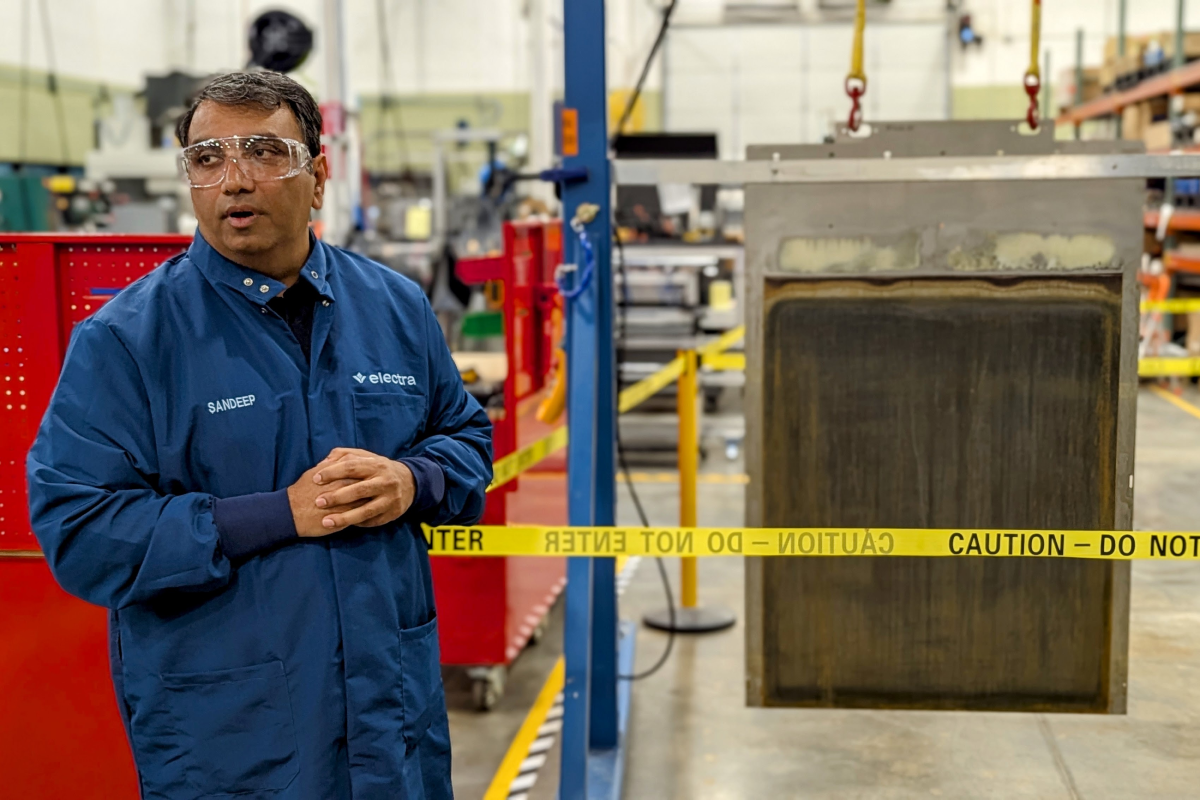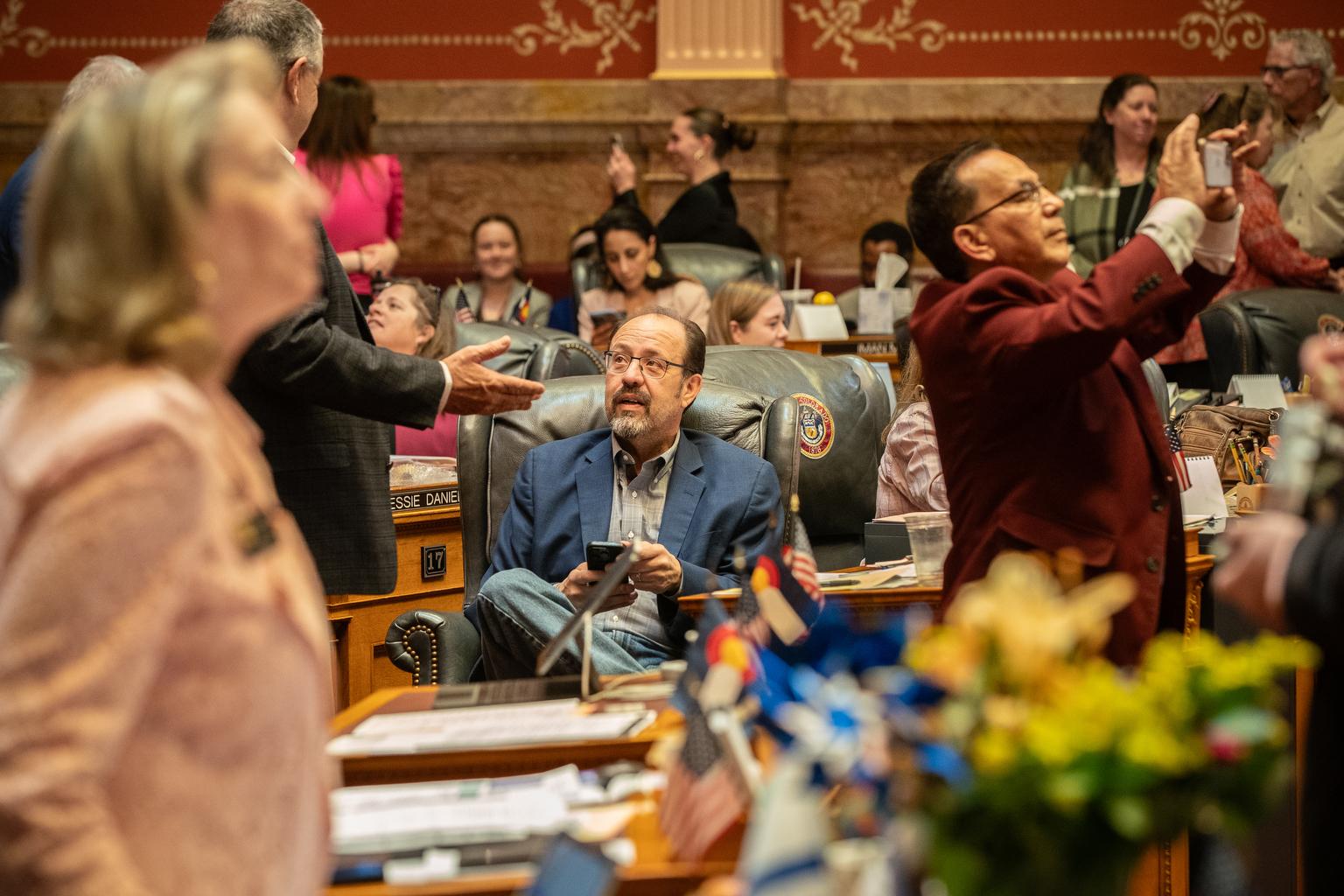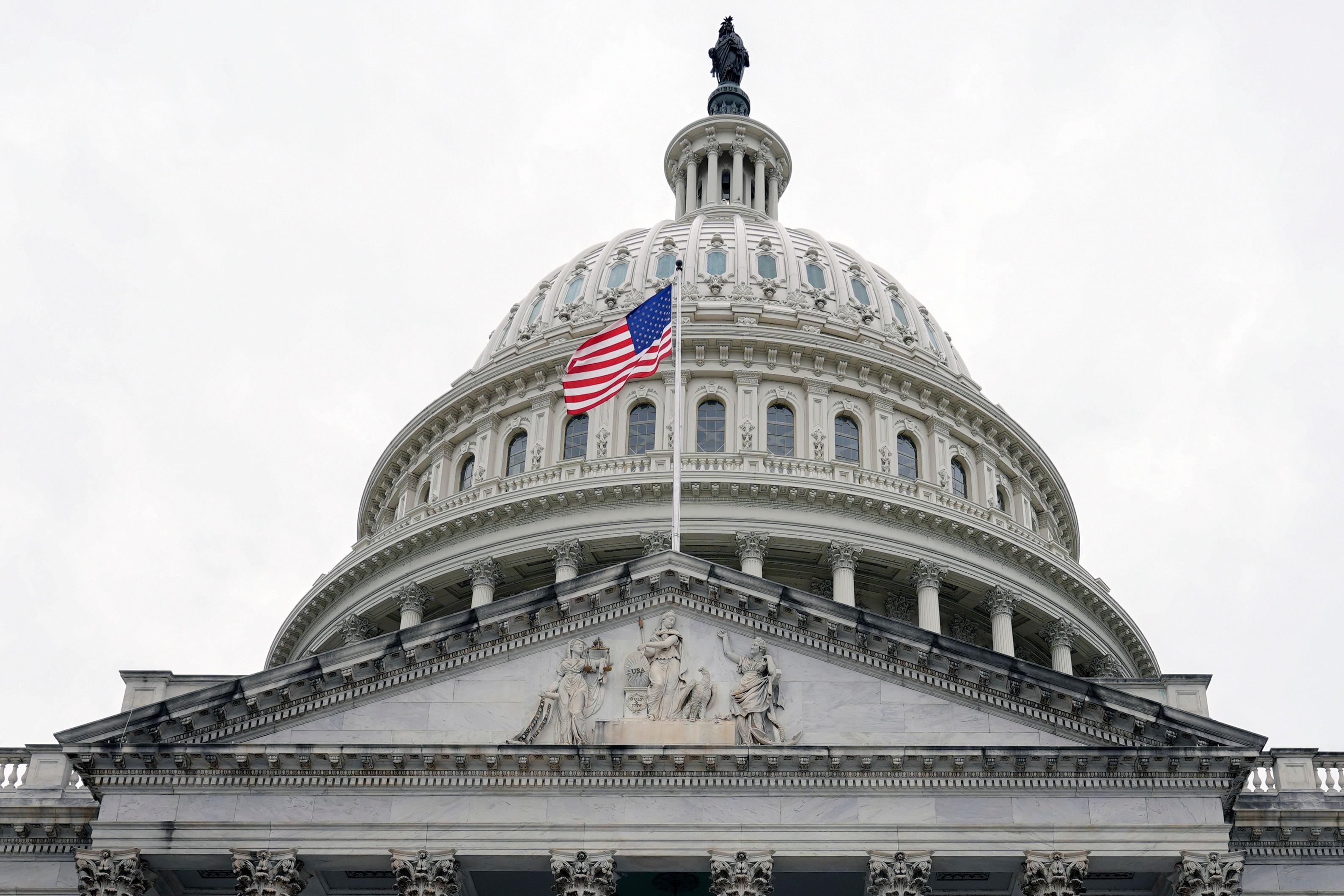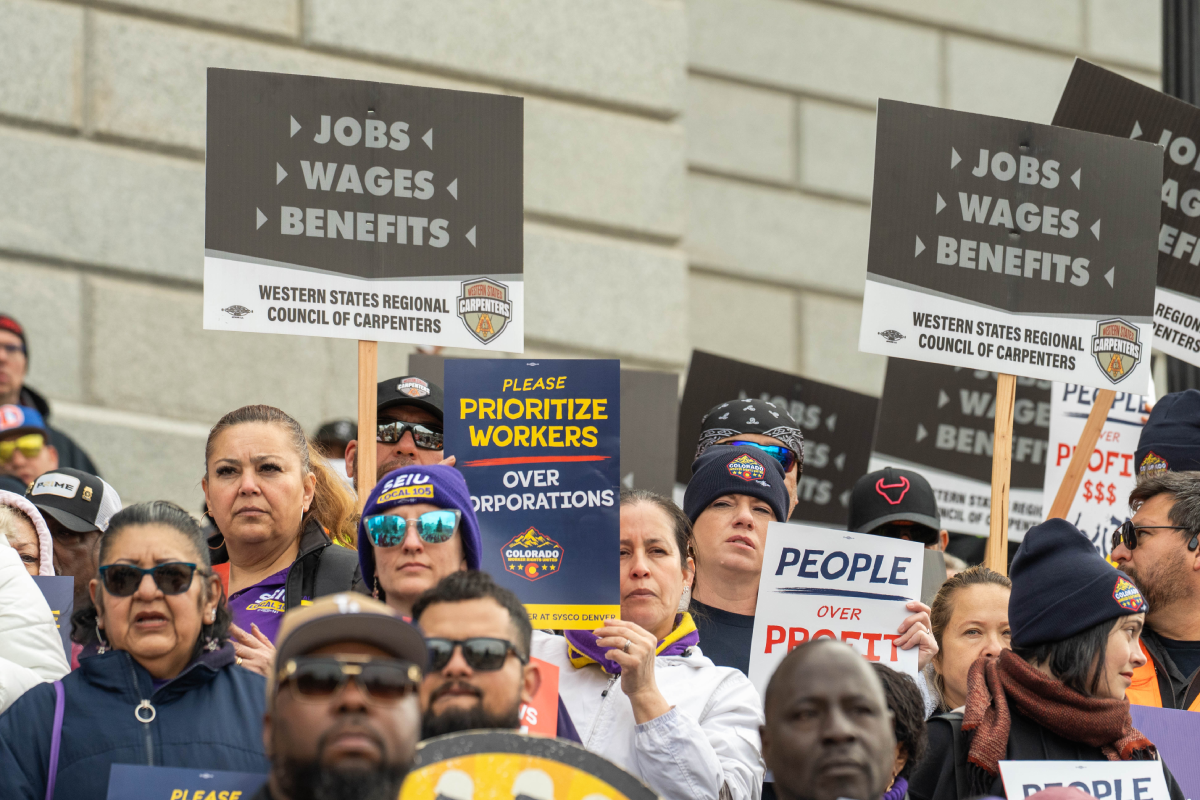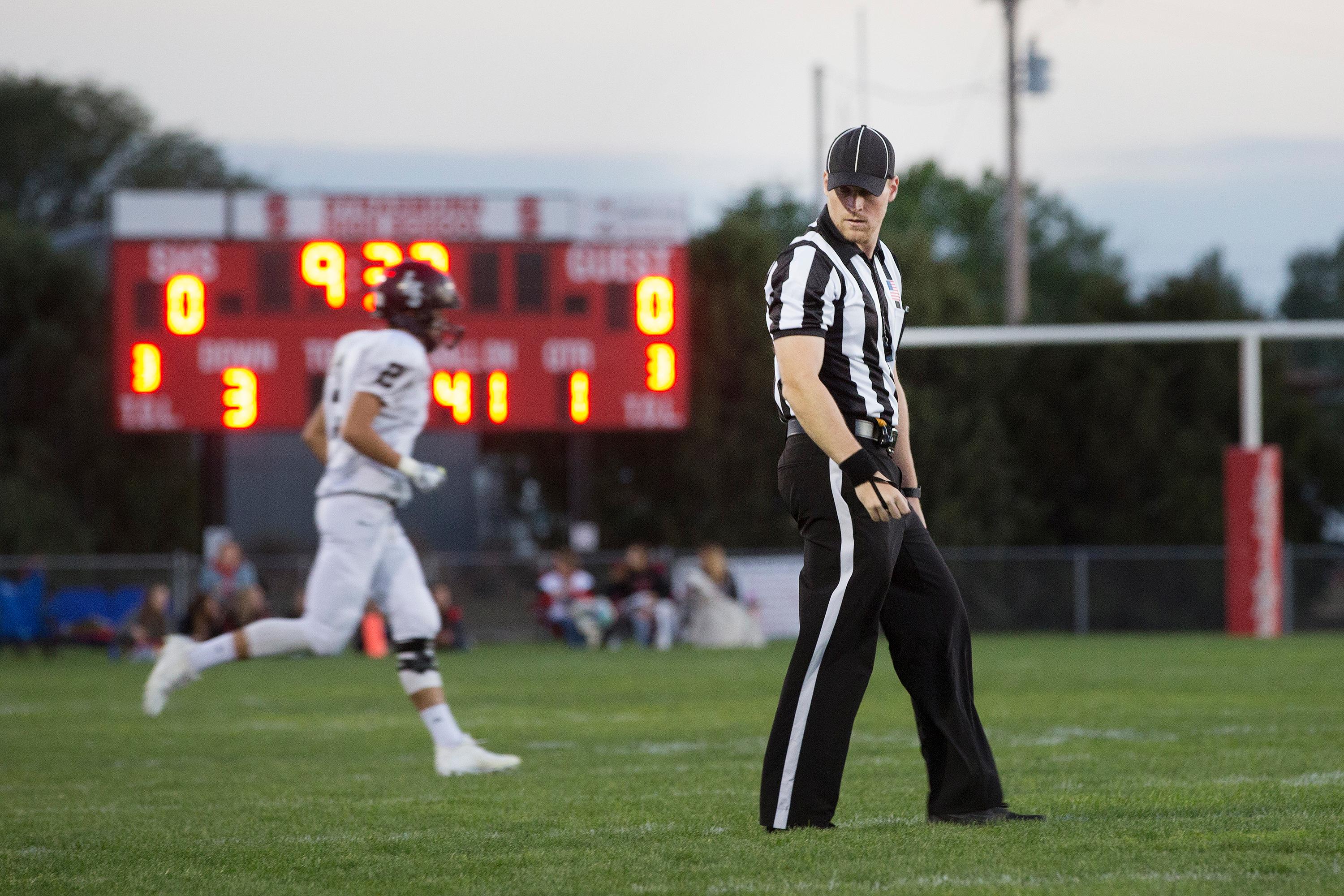

Referees in some high school sports could see pay increases this year as the Colorado High School Activities Association tries to combat a growing shortage of game officials with better wages.
However, not all referees and umpires are happy with the new proposed fee structure, which does not include across-the-board pay hikes for the next fiscal year.
“I used to (officiate) a lot of games,” said Bryan Brown, a high school softball umpire from Westminster. “But now I find I can go Uber and Lyft to make more money.”
Many high school sports officials in Colorado and across the nation have hung up the whistle in recent years, citing things like poor fan and parent behavior, the time commitment and low pay. Colorado ranks near the bottom in the nation in sports officials pay.
As more referees leave, high schools often have to scramble to reschedule games on different days of the week, because there aren’t enough officials to work them. And inexperienced officials are often moved into varsity games early in their development.
- Bad Hours, Low Pay And Everyone's A Critic: Would You Like To Be A Ref?
The Proposed Wage Hikes
On Wednesday, CHSAA’s legislative council will take up a proposal that includes some pay increases, some substantial, for the new fiscal year in July.
Under the plan, referees who are part of three-member basketball crews will receive $60 per game, an $8 increase from the current year. Officials who are are part of three-person soccer crews will see pay bumps up to $7 a game.
These hikes are needed in part because three-person crews are better equipped to call those types of sports, CHSAA said.
The CHSAA proposal also addresses “windshield wiper time”, dealing with the increasingly lengthy amount of time it takes to drive from point A to point B in the Denver and Colorado Springs metro areas. Right now, referees get a $2-per game stipend for metro travel. That would increase to $6 in 2020, and $10 beginning in 2022.
Referees who travel 20 miles or more to get to games already receive mileage pay of 40 cents-per-mile, round trip.
When factoring in the new travel pay, many referees will receive a de facto pay increase, CHSAA officials said.
“This is what officials do, they look at their total paycheck. They don’t look at what each item is for,” said Tom Robinson, a CHSAA associate commissioner who is proposing the new fee schedule.
Colorado schools pay officials’ fees equally. Robinson acknowledges that increased travel stipend pay will be a significant cost to schools in the metro area, but said, “it’s the right thing to do.”
Robinson expects the council to adopt the new fee schedule.

But Not All Referees Are On The Same Team
But some referees aren’t popping open champagne bottles over the proposal.
“We’ve begged CHSAA many years in a row. And we begged the legislative council last year,” said Reid Lester, a metro area basketball referee. “We said please fix this because in a year, this is going to be the end of the road. In my humble opinion, it shows they didn't take us very seriously.”
Lester is behind an effort to dramatically increase all officials pay immediately. He said some officials may not work next year if all referees don’t get pay bumps, and that many would support an effort to unionize. However, Lester acknowledges that there is currently no organized effort to take those steps. Colorado has 15 high school sports associations, and they are not all acting as one to support his cause.
Still, Lester said Colorado’s low pay is a big reason why referee recruitment has slowed over recent years.
“We’re Denver. We’re one of the largest cities in the country,” he said. “We should easily be able to get 400 new officials each year for every sport. But people are choosing not to do it. We’re making less than what you can make at Amazon or Walmart just walking in the door.”
Schools can offset substantial pay hikes by raising gate fees at sporting events, Lester said, and can save money by having coaches officiate freshman and sophomore-level games.
But Robinson said, “we don’t want to raise gate fees on the backs of parents in order to pay for officials,” and some of Lester’s colleagues also disagree with the proposal.
“How do you tell a parent that we gotta coach and umpire at the same time?” said Jeff Moddelmog, a Grand Junction official and president of the Colorado High School Softball Umpires Association. “Now I’m shorting these kids out. Is that fair to these kids? Now we look like the bad guys because we demanded so much money.”
But no one disputes Colorado referees are underpaid.
Referee Pay Varies State To State
Between 2010 and 2018, officials working baseball, basketball and football games only received a single $2 pay increase, to $58 per game. Officials in those sports received another $2 increase this year, bringing their per-game pay to $60. But there is no across-the-board pay hike scheduled through 2020, under Robinson’s proposal.
Some local referees like Robert Hoitsma of Boulder point to pay scales in Texas, where varsity football officials make at least $100 a game, including a portion of gate fees.
“If you rank 48 or 49 out of 50, you can’t just shrug and say, ‘I don’t know what to do,’” Hoitsma said. “We’re getting incremental increases that are inconsistent with cost of living.”
Robinson warns that comparing Texas football to any other state is an apples and oranges-like exercise in futility.
“You got ‘Friday Night Lights’ in Texas and it’s all about football,” he said. “They get paid gate fees. There is no other state in the union that pays gate fees.”
Robinson added that some referees don’t understand that Colorado schools are dealing with their own budget woes inside the classroom, and may not be amenable to large pay hikes for officials.
“That’s why we try to do pay bumps in cycles,” Robinson said. “Our schools get funding from the state legislature. And some schools are better off than others because they can fundraise, but those are the more affluent schools.”
Robinson said pay is “not the be all, end all” explanation for why officials are leaving. In exit surveys, Robinson said referees also cite things like time commitment, change in careers, politics within referee organizations and unruly fan behavior.
While some referees are demanding more money, others maintain a different perspective.
“We have to remember that we’re not here to make money,” Moddelmog said. “I do it because I love the game. This is an avocation more than a vocation. Do I get paid? Yes. But it’s not my career. I enjoy being out here. I do it because I enjoy the game.

